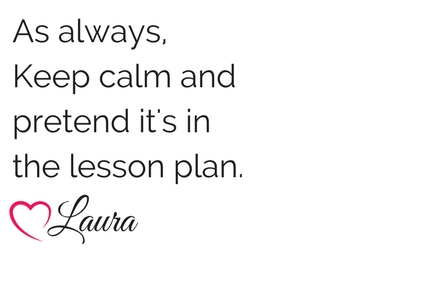A Powerful Teaching Tool
Journaling is a powerful tool that any teacher can use in the classroom. When kids journal, I get to see their thought process, how they write, and where they are in terms of learning and deeper thinking. I also get to understand their thoughts on a particular topic which helps me understand them is individuals, not just another student in my class.
Is It Worth the Time?
When I first started using journals, I thought it would be a ton of extra work. It turns out that it is a ton of extra work, but it was worth it to me to read the journals and see where the kids were in terms of academic development and personal development. And, well, I got to know the kids better, especially those that fly under the radar. You know those kids. The ones who never speak in class. Never raise a hand. Never volunteer an answer. Make wide-eyed contact out of fear of being called upon. Journals allow these kids to establish a thought in their favorite voice – silence.
A Lesson for the Teacher
Reading journals, I learned that one of my students hated her parents so much that she didn’t even like to go by her birth name. I learned that one of my students had horrible spelling, but he still used the difficult words (correctly) anyway because he was still confident and intelligent. He knew what he meant; he just couldn’t correctly spell all of the words. I learned that many of my students complained about parents having too much control, but they secretly understood that their parents tried to help them make better decisions than they were capable of making for themselves, even if they weren’t willing to admit it to their parents’ faces. This knowledge gave me a chance to speak to students about their thoughts, dreams, and concerns.
Types of Journals
- Writer’s Notebooks
- Early Work journals
- Exit Ticket journals
- Entry Work
- Learning Logs
How you use journals in your classroom is up to you. It doesn’t have to be done every day, but I highly recommend using journals as part of your curriculum. Yes, it does mean more work. And don’t do them if you don’t plan on reading them, absolutely do NOT give a free-write. The last thing you want to do is give a free-write in which a kid spills her soul on paper about how she hurts herself and is in mental and physical pain, but you ignored it because taking three minutes to read it ate into your free time.
You won’t regret using them as part of your routine. You’ll find that you get a lot more out of kids on paper than on open discussion in class.
How have you used journals in your classroom? Comment below.



